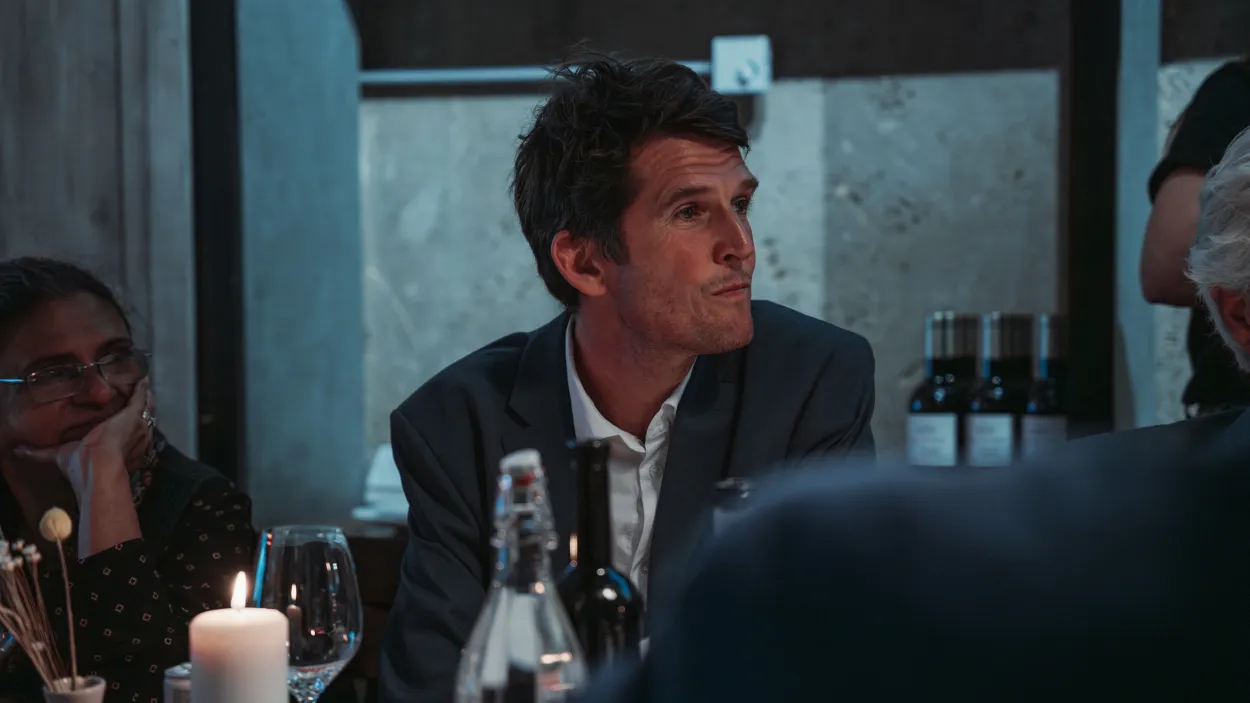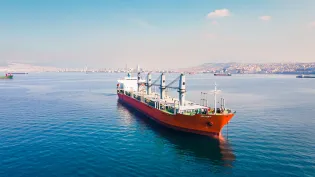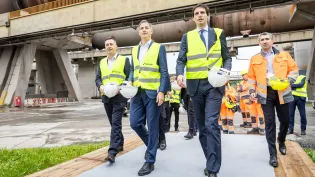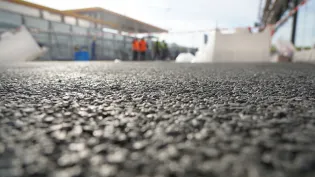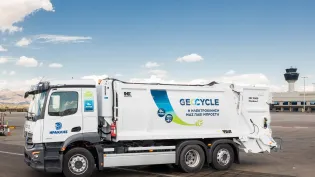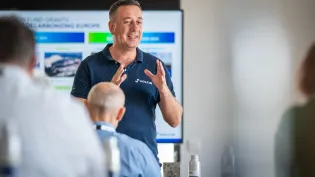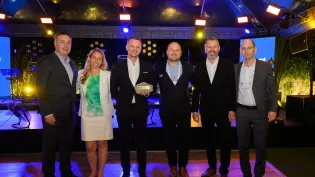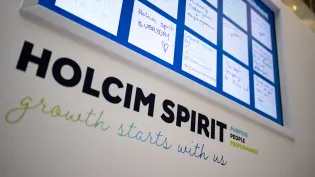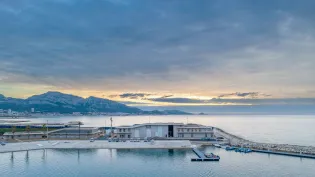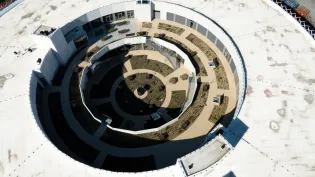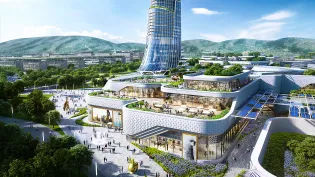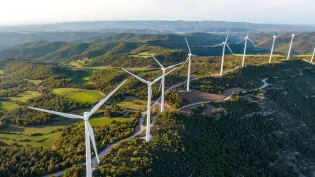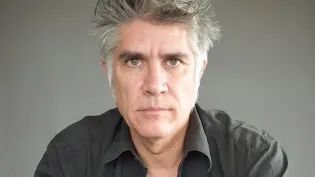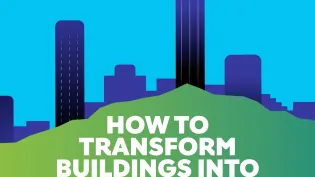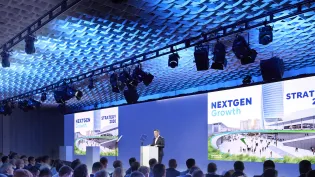Circularity for climate action: in conversation with Harald Friedl
Circular economy strategies are emerging in more and more countries because fast-tracking this shift is a win-win for climate and business. Driving circular construction to build new from old is part of Holcim’s strategy to decarbonize building for a net-zero future.
We sat down with Harald Friedl, a circular economist and member of the COP28 Climate Champion team, to get his view on the circular economy in connection to the broader climate targets. Friedl is working with the Global Climate Champions, a team set up to raise climate ambition. Together with non-state actors – businesses, philanthropies, investors, and cities – they are trying to advance the climate agenda.
As a business, Holcim is scaling-up circular construction using construction demolition materials. How important a role do you see them playing in a shift towards a circular economy?
Demolition waste is playing a huge role in the transition to a circular economy. Though I prefer not to call it waste. It is a resource for new buildings or infrastructure projects. In the past, we allowed ourselves to call things “waste” - while it is a fact that they are valuable resources for future processes and products. Now, we see more clearly how valuable these resources are because we are running out of them.
We have allowed a lot of negative effects on climate. The more we think in a circular way, the more we plan our cities. For example, a circular agenda for the building environment means you need space to host and share these resources.
We also need more collaboration and better policies. A couple of countries (for example the Netherlands, where I live), are front runners in that topic. Often these are countries with few resources, and it is all about how to use these resources in the best way possible. The important questions are: what kind of collaborations do we need, and what kind of policies do we need to focus on? We are progressing compared to the last decade. Now, we need to accelerate this progress even more to reach the climate goals as well as our social and economic goals.
How important a part will the business sector play in the circular transition?
I think it has been very interesting to observe that in the last twelve months, some CEOs in the cement industry have really changed and rethought their strategies and rhetoric. They are talking about the circular economy as one of the main business opportunities of our time. It is also one of the main strategies to be implemented, which I think is a wise move. It means we’ll have a lot of new thinking and collaboration. I think it makes business sense and it is also the right thing to do to future-proof your company. Those who will have circular economy strategies in place will benefit from them.
Harald Friedl at Holcim's circular cities event at London Climate Action Week 2023
What role will circularity play in the upcoming COP?
The Conference of Parties – or COP for short – is the world’s climate change conference. Decarbonization is one of the important topics within circular economy strategies and agendas. That said, the goal of a circular economy is much broader than just decarbonization. It's about figuring out how we can respond to a world where resources are becoming scarce. We aim to do so in a fairer and more sustainable way. This topic is receiving a lot of attention, including in climate plans. Forty-nine countries now have circular economy strategies in place or in the making. It is an emerging subject, and we really welcome this.
How can we accelerate the shift to a circular economy?
For me, the number one priority is creating circular economy roadmaps and action plans. Many countries, more than two thirds globally, don’t have roadmaps yet. The better we can align circular economy strategies and country action plans with climate action plans, the more we will have a positive impact.The better we can align circular economy strategies and country action plans with climate actions plans, the more we will have a positive impact - because half of all emissions come from materials.
What is COP all about?
Parties to the UN Framework Convention on Climate Change (UNFCCC) have met for over 30 years at the annual session of the Conference of the Parties (COP). It is the leading global climate summit, where governments, NGOs, the private sector and environmental groups gather. The next session will be held in the United Arab Emirates in December 2023.
Holcim accelerating climate action at a glance:
- CO2 per net sales reduction of 21% in 2022 with goal to reduce by over 10% in 2023
- Upgraded 2030 climate targets in line with SBTi 1.5°C framework, validated by Science Based Targets initiative
- CHF 2 billion investment in carbon capture, utilization and storage projects by 2030 to capture +5 million tons CO2 per year
- Advancing decarbonization ambition with 420 kg CO2 Net per ton of cementitious by 2030
- 6.8 million tons of construction demolition materials recycled into new building solutions in 2022, on track to meet the 2030 target of recycling 20 million tons of construction demolition materials per annum
- Publication of second climate report, giving shareholders a say on the company’s climate strategy with 96% votes in favor
Find out more about our net-zero journey here.







